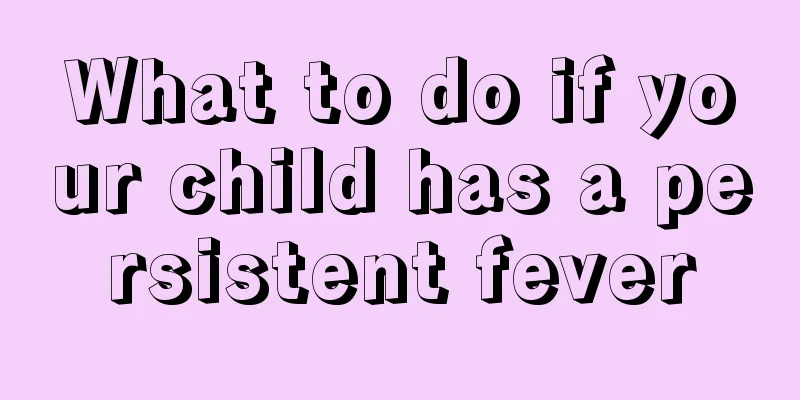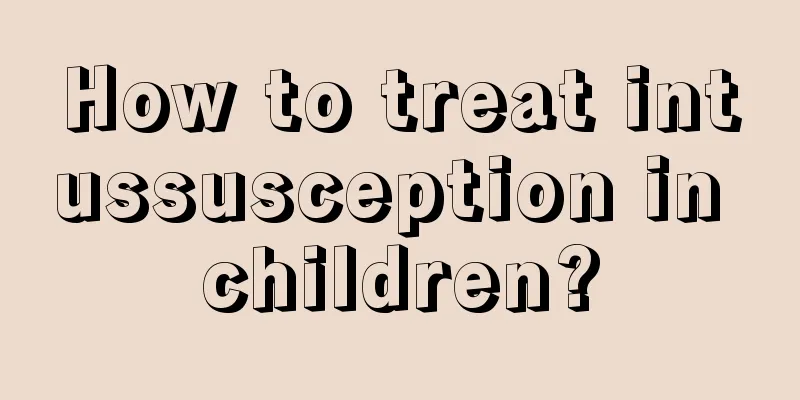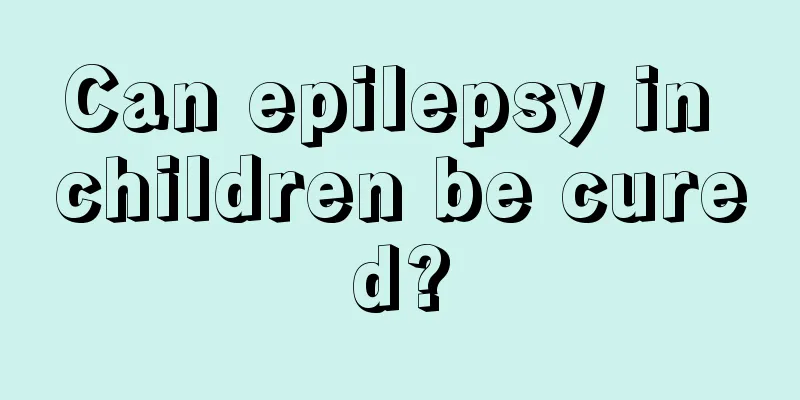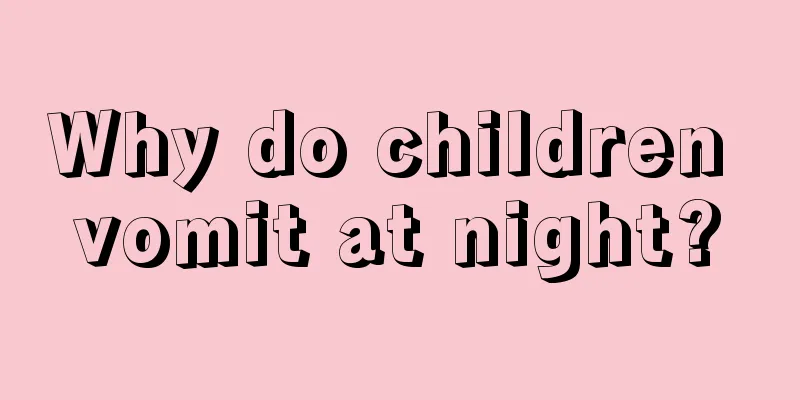What to do if your child has a persistent fever

|
It is common for children to catch a cold, but as parents we are always worried. We all know what a fever means to a child, and we also know that if it is not handled in time and the baby's temperature is not lowered in time, it will have a great impact on the child and may burn the nerves. So what should we do when our baby’s fever won’t go away? I hope that everyone can benefit from my introduction. When a child has a persistent fever, parents must not panic. They must take the correct approach based on their baby's situation and resolve the child's fever as soon as possible to avoid the fever posing a more serious threat to the child's health. The specific treatment methods for children with persistent fever are as follows: 1. If the child only has a fever that does not exceed 38.5 degrees and has no other discomfort, there is no need to worry too much. You can first take physical cooling measures for your child, then give your child antipyretics and anti-inflammatory drugs (preferably children-specific drugs), and ask your child to drink plenty of water, and drink small amounts frequently. It is normal for a fever to last for 3 to 5 days. No child will get better from a fever in one day. It takes time. 2. If the child's fever is over 38.5 degrees, the fever does not go down after taking antipyretics (Mei Lin, Nimeshu granules, etc.) several times (usually once every 4 hours). You need to go to the hospital for the final check-up. If the child has no other discomfort, the blood test will show a high blood count, which is usually a bacterial infection. You can get a small injection first, which will be more effective in reducing fever. Try not to choose intravenous drips, as too many intravenous drips will affect the child's immunity. Take antipyretics and anti-inflammatory drugs after the injection. 3. If the child has a persistent cough and fever (above 38.5 degrees), it is likely a viral infection. Children should be given some antiviral drugs, such as Isatis indigotica for clearing away heat and detoxifying. Take antipyretics and anti-inflammatory drugs together to see how effective it is. If the fever does not go down within two days (37 degrees is normal for children), you should go to the hospital for an IV drip, which will help you get better faster. 4. Sometimes the child's fever does not go away, but it is not high and is always around 37 to 38 degrees. If taking medicine or getting injections doesn't work, you should consider whether the child has been seriously frightened. It is best to ask a doctor to perform a head acupuncture massage, or for parents to comfort the child. You can also divert the child's attention, give him his favorite toys, make him smile happily, and the fever will gradually get better. 5. Another reason why children’s fever does not go away is that their own immunity is relatively low, and they take a longer time to fight against bacteria, but it is still effective. Therefore, when a child has a low fever or a high fever that won't go away, parents should not panic too much. First, you should give your child more water, secondly take physical cooling measures, and finally give him medicine and injections. This can help the baby's own resistance to defeat the germs, and his resistance will become higher and higher. There is a reason why the baby's fever won't go away. First, find out the reason and cool the baby down in time. When cooling the child down, you don't just have to rely on medication, but also use physical cooling methods. During this period, remember to let the child drink plenty of water, and remember to feed the child nutritious and light food. Children have a poor appetite when they have a fever, so pay attention to the degree of digestibility. |
<<: What to do if children have repeated colds and fevers
>>: How to treat a fever in a toddler
Recommend
Is it good for children to eat black sesame?
Parents are very careful about their children'...
What should I do if my baby has a blocked nose and snores when sleeping?
Many children will suffer from nasal congestion e...
Treatment of cerebral palsy in children
Cerebral palsy is a very common disease. This typ...
What is the importance of parent-child communication?
Nowadays, more and more people pay attention to c...
What are the causes of amblyopia in children?
Now with the popularization of televisions and co...
Red spots on the child's face
Children are in contact with their parents for a ...
Is it good or bad for babies to sleep on their stomachs?
After having a baby, perhaps most of the parents&...
The recovery process of phimosis in children
Generally speaking, children with phimosis need t...
My child's eyes itch and he keeps blinking.
We all know that spring is a high-incidence perio...
What to do if your child cannot speak clearly
In today's society, because there are more on...
How to repair scars in children?
There are many reasons that may cause scars on ch...
Prevention, control and treatment of myopia among students
The incidence of myopia among students is getting...
Young parents, please remember this recipe for your baby’s fever!
Nowadays, many young people are raising their chi...
What age is calcium and zinc suitable for children?
During the growth and development of children, ma...
What food is best for children to nourish their brains?
We all know that pregnant women should generally ...









